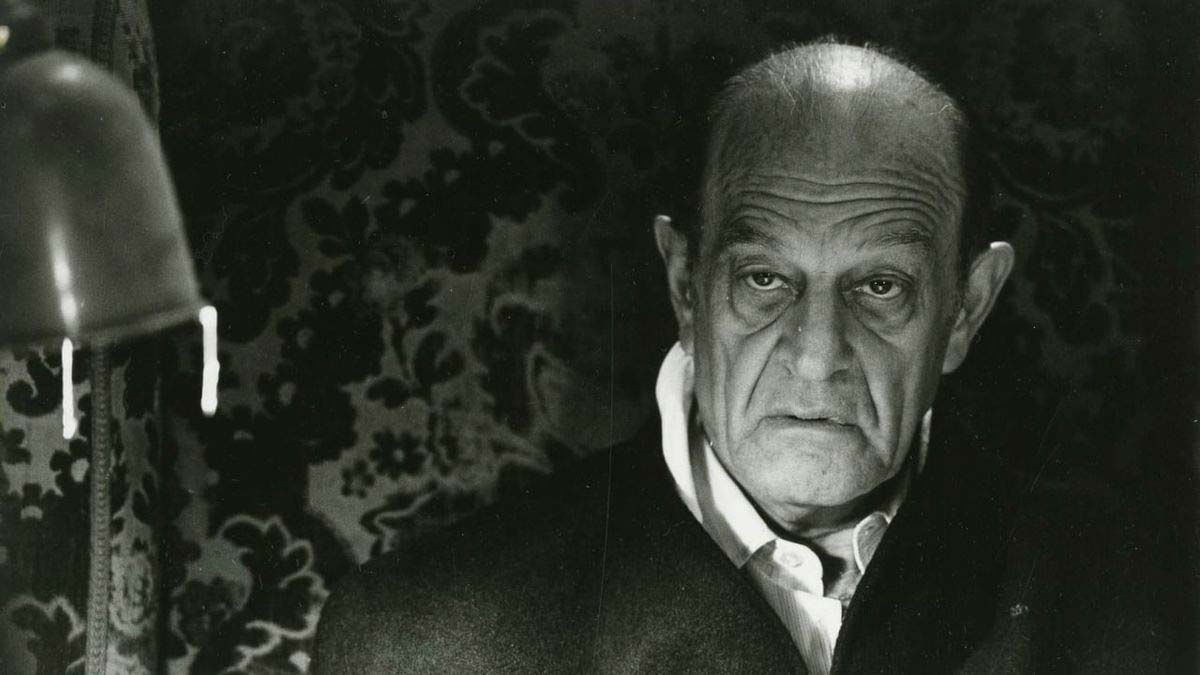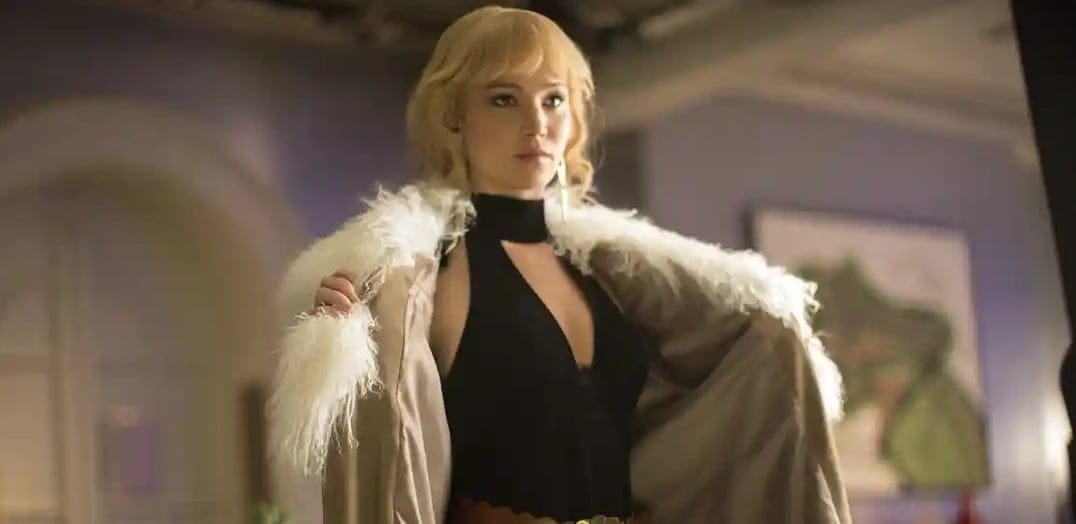
Newly Restored György Fehér 1990s Film Is A Classic, Hypnotic Noir
Apr 27, 2023
Friedrich Dürrenmatt’s 1958 novel “The Pledge” has proven to be especially durable to adaptations over the years. More well-known of these is Sean Penn’s 2000 film “The Pledge,” a grisly Jack Nicholson starrer that, if anything, is perhaps remembered of the promise that Penn held as director in the early aughts before tumbling down the rabbit hole of political melodrama. Penn’s film provides a fascinating counterpoint to György Fehér’s recently rediscovered “Twilight,” a 1990 Hungarian reimagining of Dürrenmatt’s critique of detective fiction. If both films take the basic outlines of the novel — a detective close to retirement becomes consumed by the murder of a local child — Fehér’s film is more attuned to the recursive mundanity of an investigation.
READ MORE: The 50 Best International Language Films Of the 21st Century So Far
Beautifully restored and being released in the U.S. for the first time, “Twilight” is a film much less interested in the contours of a crime as it is in subjectively portraying the descent of a detective (Péter Haumann) as he continues on with his investigation well after leaving the force with it eventually consuming his life. Filmed in crisp black and white and made up of long, elaborate tracking shots, punctuated by brief dialogue interludes and László Vidovszky’s droning score, “Twilight” is almost hypnotic in its rhythms, even if it purposefully never coheres as a narrative.
The camera often moves away from the action to focus on the faces of the town’s inhabitants to reinforce the idea that this is a story not of neat conclusions but of the emotional turmoil that such a crime brings to a community. This hopelessness is also expressed in the formal bleakness, with Miklós Gurbán’s almost painterly compositions reveling in a barren Hungarian landscape. When the camera does move to faces, they are often obscured in shadow, suggesting the town is a mass of interchangeable people who only want revenge.
Like Penn’s film, the police eventually narrow in on a suspect, the man who found the girl’s body (Gyula Pauer). Yet the detective isn’t as quick to rush to judgment, interviewing him only as a witness as the bloodthirsty town waits outside. Pauer’s performance, like Haumann, mirrors the quiet grief of the entire film. That we don’t even know the detectives or the suspects’ name is the point, as these characters act as mere archetypes.
The film also plays coy with the story’s time period, setting, and even time frame. One is never exactly sure when and where we are, nor how much time has elapsed between Gurbán’s extended tracking shots. Instead, each scene feels self-contained and disorienting as we move further into the future, and the case continues to consume the detective at the expense of his friends and family.
Obviously, this formalism recalls the influence of Bélla Tarr, the famous Hungarian filmmaker who acted as a consultant on this film (Fehér was a producer on his 1994 opus “Sátántangó”). From the unhurried pacing to its interest in how communities interact, “Twilight” acts as a continuation of Tarr’s thematic interests. But, unlike Tarr, Fehér also seems more interested in how genre can overlap with social cinema. We are given the stock tropes of noir, including chiaroscuro lighting, that intentionally pushes against the narrative minimalism. That he would only go on to make one more feature film, 1998’s “Passion” — a similar noirish riff on “The Postman Always Rings Twice.” — seems to confirm this.
“Twilight” is more rhythmic than linear, bookended by extended tracking shots that fly over the Hungarian wilderness. As the trees travel by, they eventually become an indistinguishable mass, suggesting the inability of the detective to sort through the individual ‘clues’ of the case to find meaning. Like “The Pledge” — both the novel and the latter film — nothing is neatly resolved. Instead, “Twilight” suggests the futility of trying to solve some labyrinthian plot and that, instead, one should train their lens away from the facts and onto the people affected. [A-]
Publisher: Source link
Tarek El Moussa Reacts To Christina Hall’s Divorce
Christina and Josh filed for divorce last week after three years of marriage. Previously, she was married to TV host Ant Anstead for a year and, before that, to Tarek. She and Tarek split in 2016 after seven years and…
Jul 27, 2024
Elon Musk’s Ex Grimes Shares Support for His Daughter Vivian
Elon Musk’s Ex Grimes Shares Support for His Daughter Vivian After Comments on Gender IdentityGrimes is weighing in on her ex Elon Musk’s controversial comments. After the Tesla CEO criticized his daughter Vivian Jenna Wilson for coming out as transgender…
Jul 27, 2024
Lamorne Morris Thinks Kamala Harris Has This Advantage Over Donald Trump
Trump said that President Joe Biden, who dropped out of the race on Sunday while recovering from COVID-19, never really had the infection. “Really? Trump thinks Biden never had COVID?” Morris said on Monday. “You don’t pretend to have COVID to get out…
Jul 26, 2024
Khloe Kardashian Is Ranked No. 7 in the World for Aging Slowly
Khloe Kardashian's body is out for more than just revenge. In fact, the 40-year-old is one of the world's slowest agers—a revelation she learned after taking a blood test to determine her body's biological age compared to her calendar age.…
Jul 26, 2024











